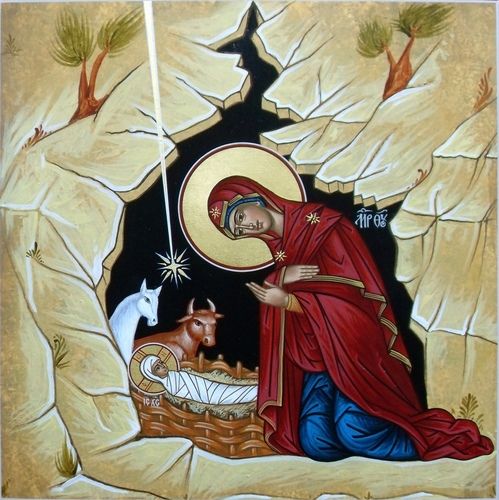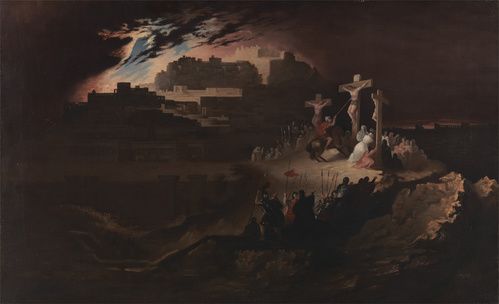The Unshakeable Incarnation
Psalm 125 - 3 minute read
"It is not the mountain, it's the man."
Humanity has a way of making pictures of grace imperfect. Even Mount Zion, a sacred place and the home of the temple, was twisted by man and became a "den of robbers." But God Himself reversed this when the truly unshakable mountain became the perfect man, an incorruptible picture of God's everlasting, unshakeable grace.
Throughout the Bible, God displays His character and reminds His people what He has done through physical demonstrations — "miraculous signs and great wonders." Often, though, humanity turned away from God despite seeing these things. Time and time again, they failed to trust in His character, and they forgot what He had done for them. Even still, He remained unchanged and He continued to offer them second chances.
After centuries of humanity's refusal to trust God, He offered Himself to humanity, coming to His people as a one of them, as a man named Jesus, in order to undo thousands and thousands of years of rebellion and corruption and bring humanity back to God.
After centuries of humanity's refusal to trust God, He offered Himself to humanity, coming to His people as a one of them, as a man named Jesus, in order to undo thousands and thousands of years of rebellion and corruption and bring humanity back to God.

The Apostle John tells us what this self-giving gift really means in the opening lines of his gospel:
16 "Out of [Jesus’] fullness we have all received grace in place of grace already given. 17 For the law was given through Moses; grace and truth came through Jesus Christ. 18 No one has ever seen God, but the one and only Son, who is himself God and is in closest relationship with the Father, has made Him known" (Jn 1:16-18)
In the incarnation of Jesus, there came a physical demonstration of God's faithfulness — God Himself become human. Sent by and with the authority of the Father, through the power of the Spirit, Jesus performed many "signs and wonders" to reveal His divinity and share God's compassionate heart with humanity.
Jesus Christ came as a reminder of what God has done for mankind and as a fulfillment of what God would do; he told many about a new way of being human, a way of living marked by God's very own person; and ultimately, by and through his death and resurrection, he came to freely give a gift that had already been received a thousand times:
Grace upon grace upon grace upon grace upon grace upon...
Jesus Christ came as a reminder of what God has done for mankind and as a fulfillment of what God would do; he told many about a new way of being human, a way of living marked by God's very own person; and ultimately, by and through his death and resurrection, he came to freely give a gift that had already been received a thousand times:
Grace upon grace upon grace upon grace upon grace upon...

John Martin, Calvary, c. 1830-1840. 38 cm × 61 cm.
Yale Center for British Art, New Haven, Connecticut
Yale Center for British Art, New Haven, Connecticut
